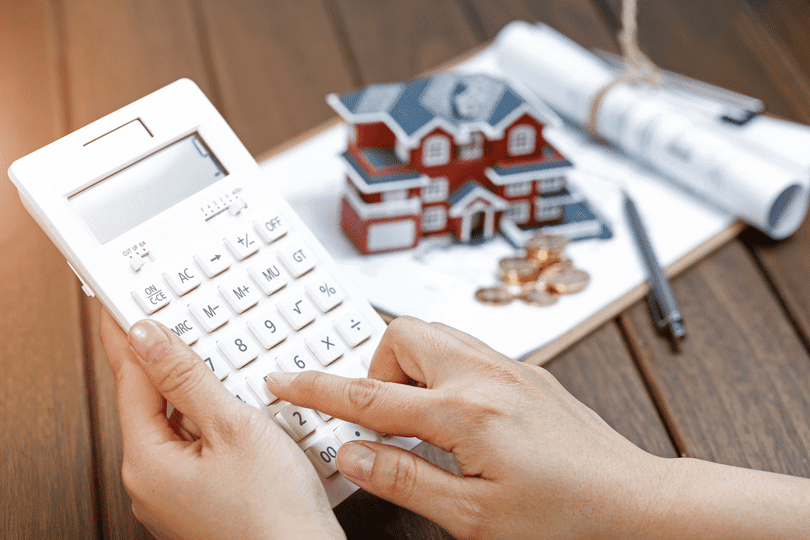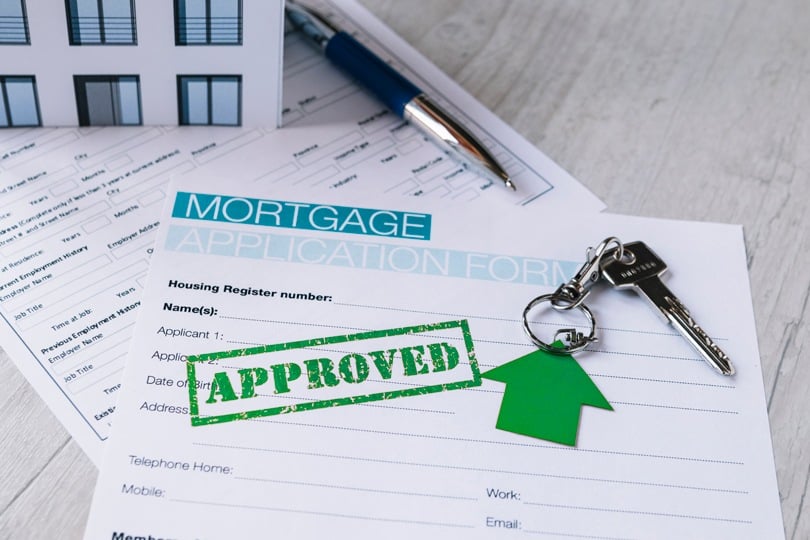How To Determine Your Down Payment on a Home
One of the biggest challenges in buying a new home is the down payment. This is the amount of money you need to put down on your home at closing. The down payment will affect the amount you have to borrow, the type of loan, and terms and conditions—especially the interest rate on your loan. Generally, if your down payment is low, you can expect higher fees and interest over the life of the loan. With larger down payments, you can expect the opposite.
Here’s what you should do.
WHAT TO DO NOW
Determine what you are able to spend up front on your home purchase
- Gather your savings and investment statements and add up your total available funds.
- Decide how much you want to set aside for other savings goals, moving costs, and any renovations for your new home; then, subtract these amounts.
- Now, subtract an additional amount for an emergency cushion. A good rule of thumb is at least three to six months’ worth of expenses.
- The result is your maximum available cash for closing – how much you can contribute out of pocket at the time you close on your loan.
Estimate your closing costs
In addition to your down payment, there are many costs associated with “closing” or finalizing your loan and home purchase. Closing costs depend on a lot of things – the price of the home you buy, your down payment amount, the lender costs, the kind of loan you choose, and the location of your new home. Since you’re still early in the process, it’s hard to make a precise estimate at this stage.
- You can make a rough estimate now by using a home price that is typical for the neighborhoods you’d like to live in. Come back and refine your estimate as you move forward and gather more information.
- Typically, closing costs (not including your down payment) range from 2-5% of the home purchase price.
Determine your down payment
- Subtract your closing costs estimate from your available cash for closing to determine your maximum down payment.
WHAT TO KNOW
Set aside some money to cover any initial home expenses
New homeowners often find things that need fixing, or discover that they need an additional piece of furniture to make the new home work for their family. Moving expenses and utility set-up fees can also add up. When thinking about how much you can afford for a down payment, make sure to set aside some money to cover these expenses.
Your down payment amount affects the type of loan you can get, your interest rate, and your loan costs
In general, the higher your down payment, the less your loan is likely to cost.
- In most cases, you need a down payment of at least 3 percent of your target home price. Many loan types and lenders require 5 percent down or more.
- You can often save money if you put down at least 10 percent of the home price, and you’ll save the most if you put down at least 20 percent.
- When lenders decide the interest rate and loan costs to offer you, they typically look at your down payment in increments of 5 percent. There are usually no savings for putting down “almost” the required amount. For example, if you have enough saved for a down payment of, say, 8 percent of your target home price, think about whether you could save up a little more before buying, or choose a slightly cheaper home so you can hit the 10 percent mark. If you’re unsure about what to do, consider talking to a HUD-certified housing counselor.
Low or no-down payment options may be available to you
- There are special programs for veterans and service members, rural residents, some types of first-time homebuyers, and others. A housing counselor may be familiar with local programs in your area.
- Individual lenders may also offer their own low or no-down payment options.
- Low-down payment options usually come at increased cost. When you meet with lenders, ask questions and ask to see multiple choices.
Putting money into your home means it’s not available for other things
When deciding how much money to put down, keep in mind that once you put money into your home, it’s not easy to get it back out again. If you need the money for another major expense, like paying for college or medical expenses, you may find that there is no way for you to access this money. While home equity loans or lines of credit allow homeowners to borrow against their equity, you usually need to have owned your home for several years and have built up significant equity in order to qualify. Borrowing against your equity also isn’t free – you pay interest on the loan.
SOURCE: Consumer Financial Protection Bureau / www.consumerfinance.com
© RGV New Homes Guide, 2021. Unauthorized use and/or duplication of this material without express and written permission from this site’s author and/or owner is strictly prohibited. Excerpts and links may be used, provided that full and clear credit is given to RGV New Homes Guide with appropriate and specific direction to the original content.








